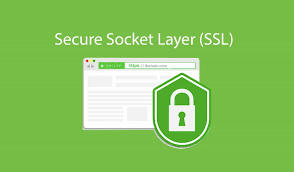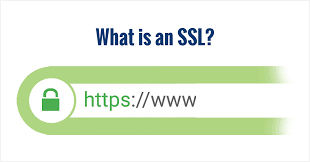What is an SSL Certificate?
An SSL Certificate is a type of Digital Certificate that is used to encrypt data sent between a web server and a web browser.
SSL stands for Secure Sockets Layer, and it is a type of encryption technology that is used to protect sensitive information, such as credit card numbers, usernames, and passwords.
SSL certificates are issued by a Certificate Authority, which is an organization that is responsible for verifying the identity of the website and its owner.
When a website has an SSL certificate, it means that the data sent between the website and the visitor’s web browser is encrypted and secure.
Why you might need an SSL Certificate

An SSL certificate is an essential part of website security. It ensures that any sensitive information sent between the website and the visitor’s web browser is encrypted and secure.
Without an SSL certificate, the data sent between the website and the visitor’s web browser can be intercepted and read by anyone.
An SSL certificate also adds a layer of trust to your website. Websites with SSL certificates are marked as “secure” in web browsers and display a little padlock next to the URL, which can help to boost visitor confidence and encourage them to make purchases or sign up for services.
An SSL Certificate is required for your website to use HTTPs.
Types of SSL Certificates
There are several different types of SSL certificates available. The most common types are Domain Validated (DV) Certificates, Organization Validated (OV) Certificates, and Extended Validation (EV) Certificates.
Domain Validated
Domain Validated (DV) certificates are the most basic type of SSL certificate. They are designed to encrypt data sent between a web browser and a website, but they don’t provide any additional trust.
Organization Validated
Organization Validated (OV) certificates are more secure than DV certificates. They provide additional trust because they require the website owner to provide additional information to the Certificate Authority.
Extended Validation
Extended Validation (EV) certificates are the most secure type of SSL certificate. They provide the highest level of trust because they require the website owner to provide additional information to the Certificate Authority, and the Certificate Authority must verify the information.
Conclusion
An SSL certificate is an essential part of website security. It ensures that any data sent between the website and the visitor’s web browser is encrypted and secure.
There are several different types of SSL certificates available, each with its own advantages and disadvantages.
Businesses and individuals should carefully consider their needs before choosing an SSL certificate.

